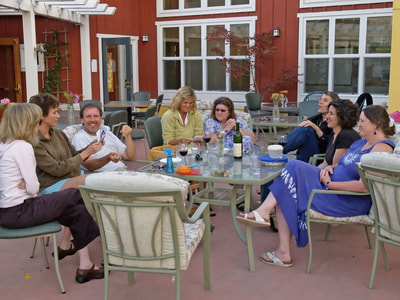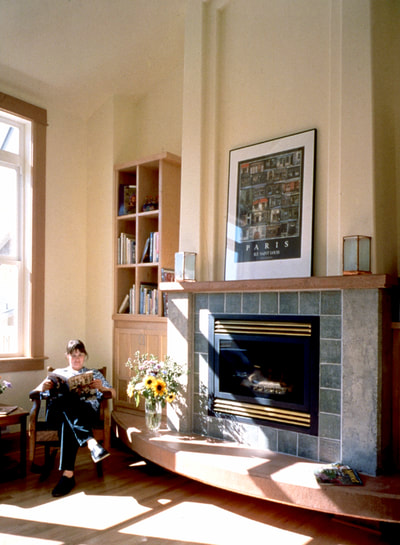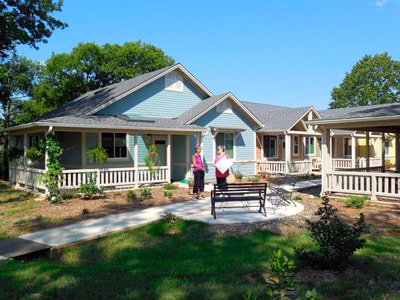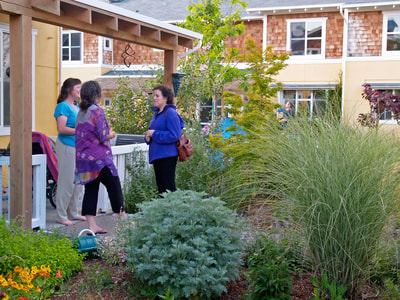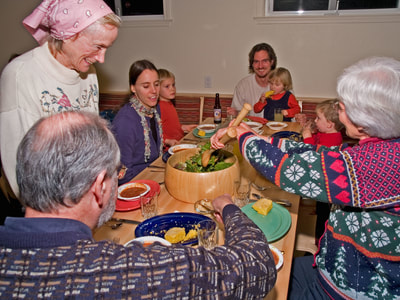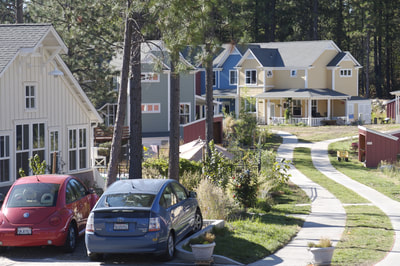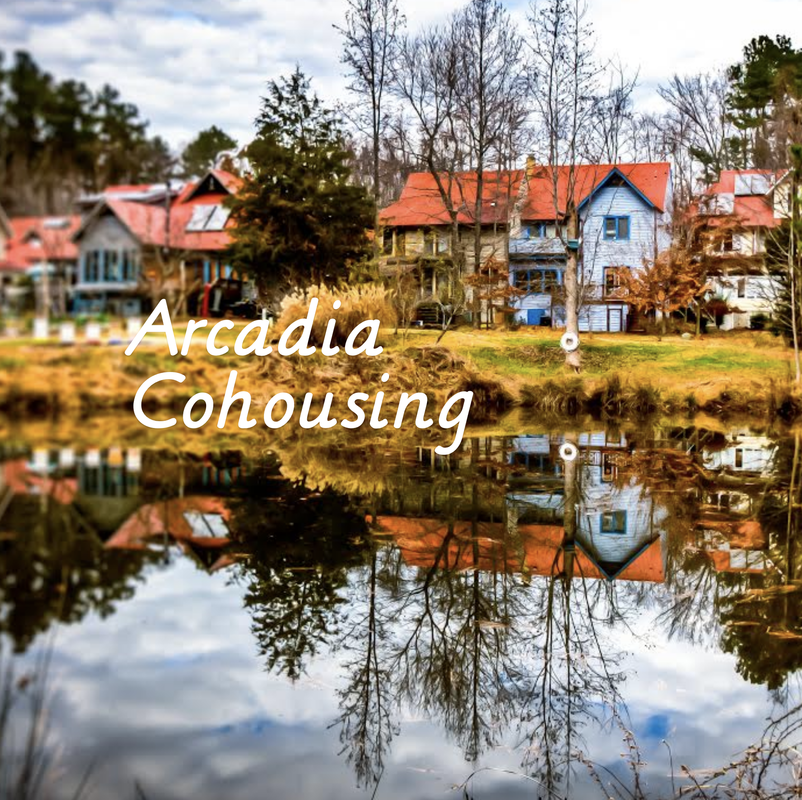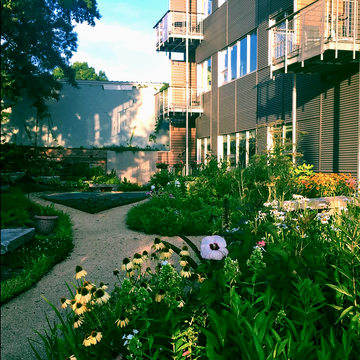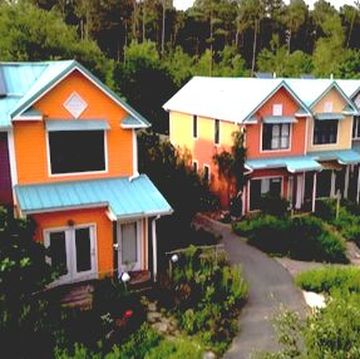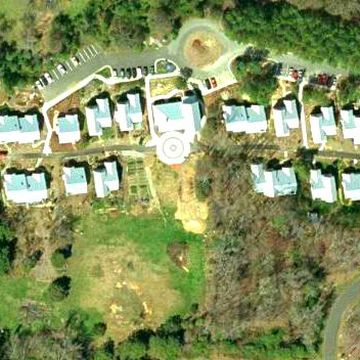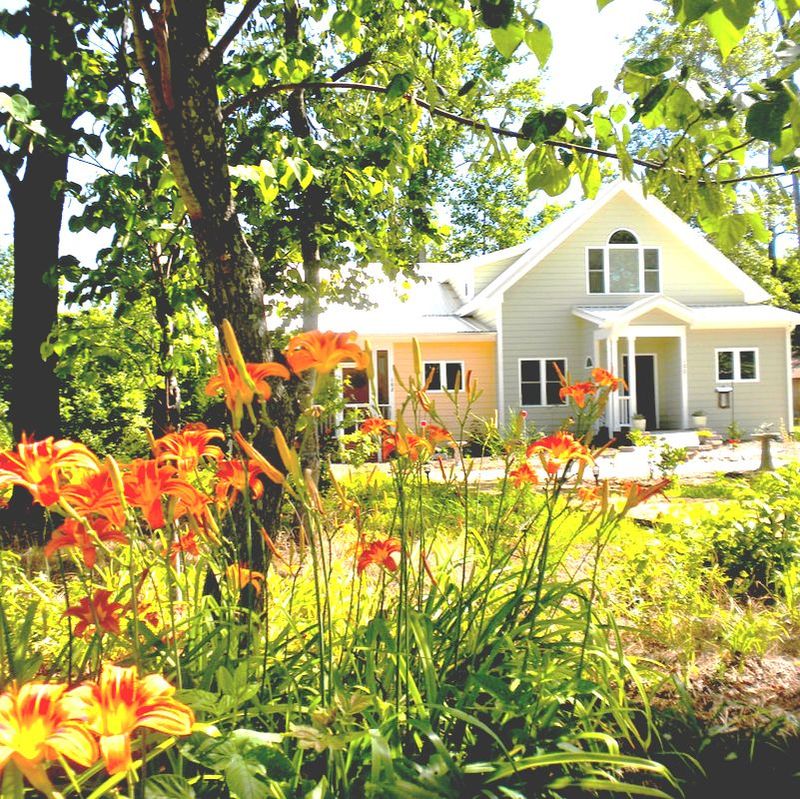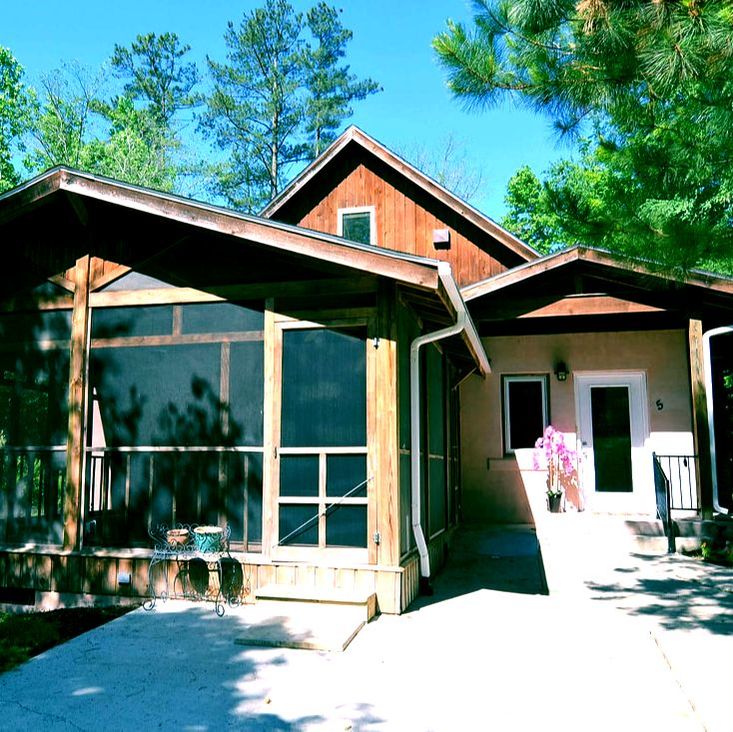First of all, what is it?
|
Cohousing is an intentional neighborhood of private homes clustered around shared space. Each attached or single family home has traditional amenities, including a private kitchen.
Shared spaces typically feature a common house, which may include a larger kitchen and dining area, laundry and recreational spaces. Shared outdoor space may include parking, walkways, open space and gardens. Neighbors share resources while maintaining independent lifestyles. |
Households have independent incomes and private lives, but neighbors collaboratively plan and manage community activities and shared spaces. The legal structure is typically an HOA, Condo Association, or Housing Cooperative. Community activities feature regularly-scheduled shared meals, meetings, and workdays.
Neighbors gather for parties, games, movies, or other events. Cohousing makes it easy to form clubs, organize child and elder care, and carpool. |
The cohousing concept was imported to the U.S. from Denmark in the 1980s by Kathryn McCamant and Charles Durrett, with their book Cohousing: A Contemporary Approach to Housing Ourselves. They are the country's experts in this field, and we're happy to say they were instrumental in helping us to make our community a reality!
Benefits of Cohousing
Characteristics of Cohousing Communities
Relationships
Balancing Privacy with Community
|
Participation
Shared Values
|
